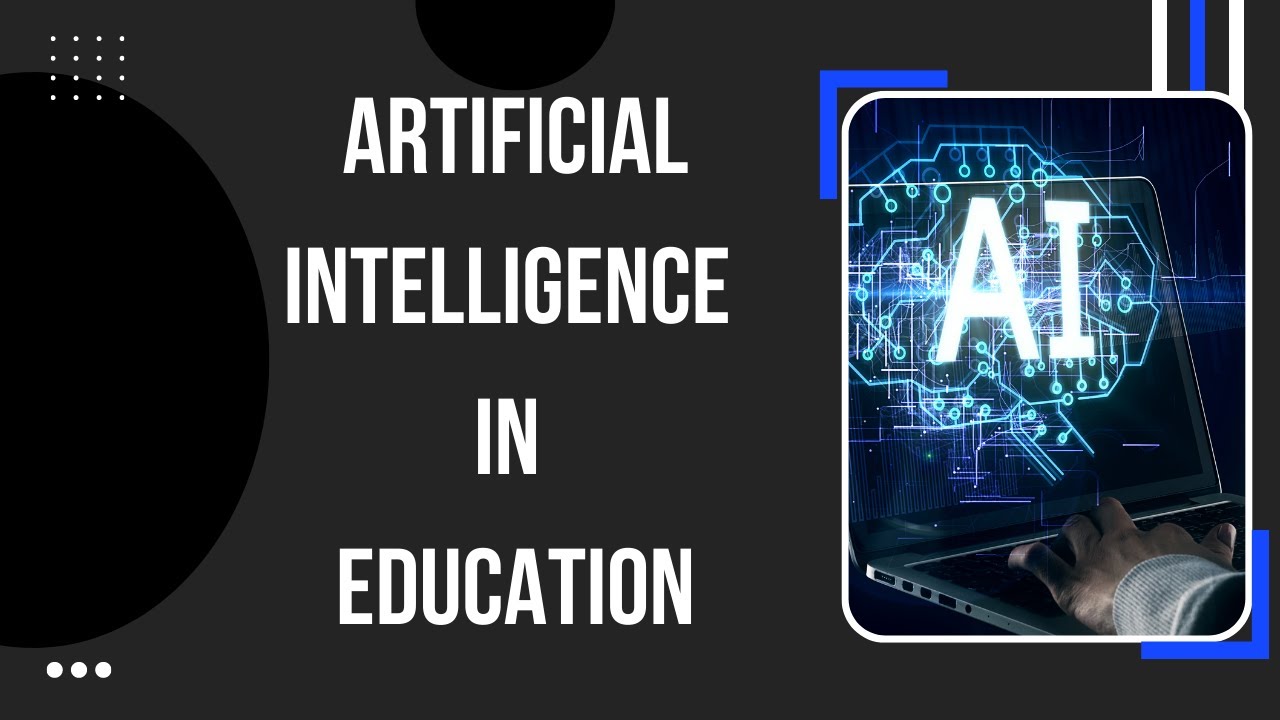Artificial intelligence (AI) has become an integral part of our daily lives, revolutionizing various industries. One area where AI has a significant impact is education. With the advancements in technology, AI-powered personalized learning solutions are transforming the way students learn and teachers teach.
Personalized learning is an approach that tailors education to individual students’ needs, abilities, and interests. Traditional classroom settings often struggle to meet the diverse needs of each student, resulting in a one-size-fits-all approach that may not be effective for everyone. However, AI technology allows educators to create adaptive learning environments that cater to each student’s unique learning style, pace, and preferences.
AI-powered personalized learning platforms analyze data collected from students’ interactions with educational content, such as quizzes, assignments, and online lessons. This data is then processed and used to create personalized learning pathways for each student. By analyzing patterns and identifying areas where students need improvement, AI algorithms can recommend specific resources, activities, and study materials that will help them thrive academically.
One of the key advantages of AI-powered personalized learning solutions is their ability to provide instant feedback to students. Rather than waiting for a teacher’s review, students receive immediate feedback on their performance, allowing them to revisit and reinforce concepts as needed. This real-time feedback enables students to learn at their own pace and ensures that they stay engaged and motivated throughout the learning process.
Importance of Artificial Intelligence in Education
Artificial Intelligence (AI) has become an integral part of many industries, and education is no exception. With the advancements in AI technology, the role of AI in education has expanded to provide personalized learning solutions, improve student engagement, and enhance the overall educational experience.
Personalized Learning: One of the key benefits of AI in education is its ability to provide personalized learning experiences. AI can analyze vast amounts of data, such as students’ performance, learning patterns, and preferences, to tailor learning materials and methods to suit each student’s unique needs. This personalized approach allows students to learn at their own pace and focus on areas they find challenging, ultimately improving their understanding and retention of the content.
Furthermore, AI-powered virtual tutors can provide individualized support and guidance to students, answering their questions, explaining concepts, and tracking their progress. This personalized assistance not only enhances learning but also promotes independent thinking and problem-solving skills.
Advantages of Personalized Learning Solutions
Personalized learning solutions offer numerous advantages for both students and educators. By tailoring the learning experience to individual students’ needs and preferences, these solutions can significantly enhance the educational process.
Better Engagement and Motivation
One of the key advantages of personalized learning solutions is that they promote better student engagement and motivation. When students have control over their learning experience and can work at their own pace, they are more likely to be motivated and actively participate in the learning process. This increased engagement can lead to better understanding, retention, and application of knowledge.
Improved Learning Outcomes
Personalized learning solutions can also contribute to improved learning outcomes. By adapting the content, pace, and style of instruction to each student’s unique needs, these solutions can help students grasp difficult concepts more effectively. Furthermore, personalized learning solutions often provide immediate feedback and targeted interventions, allowing students to address their weaknesses and reinforce their strengths in real-time. This personalized feedback loop can lead to more effective learning and ultimately improved academic performance.
Individualized Instruction
With personalized learning solutions, educators can provide individualized instruction to students, taking into account their strengths, weaknesses, and learning preferences. This individualized approach helps ensure that students receive the support and guidance they need, allowing them to progress at their own pace and maximize their potential. Personalized learning solutions also enable educators to identify gaps in students’ understanding and address them through targeted interventions, leading to a more comprehensive and tailored learning experience.
Enhanced Efficiency and Productivity
By leveraging artificial intelligence and adaptive technologies, personalized learning solutions can streamline and automate certain aspects of the educational process. This can free up valuable time for educators, allowing them to focus on providing personalized instruction and support, rather than administrative tasks. Additionally, personalized learning solutions often incorporate data analytics and visualizations, giving educators insights into students’ progress and performance, which can inform instructional decisions and interventions. This enhanced efficiency and productivity can benefit both educators and students, ultimately leading to a more effective and resource-efficient education system.
Conclusion
Personalized learning solutions offer a range of advantages for both students and educators. By fostering better engagement and motivation, improving learning outcomes, providing individualized instruction, and enhancing efficiency and productivity, these solutions have the potential to revolutionize the way education is delivered. As technology continues to advance, personalized learning solutions will play an increasingly important role in shaping the future of education.

